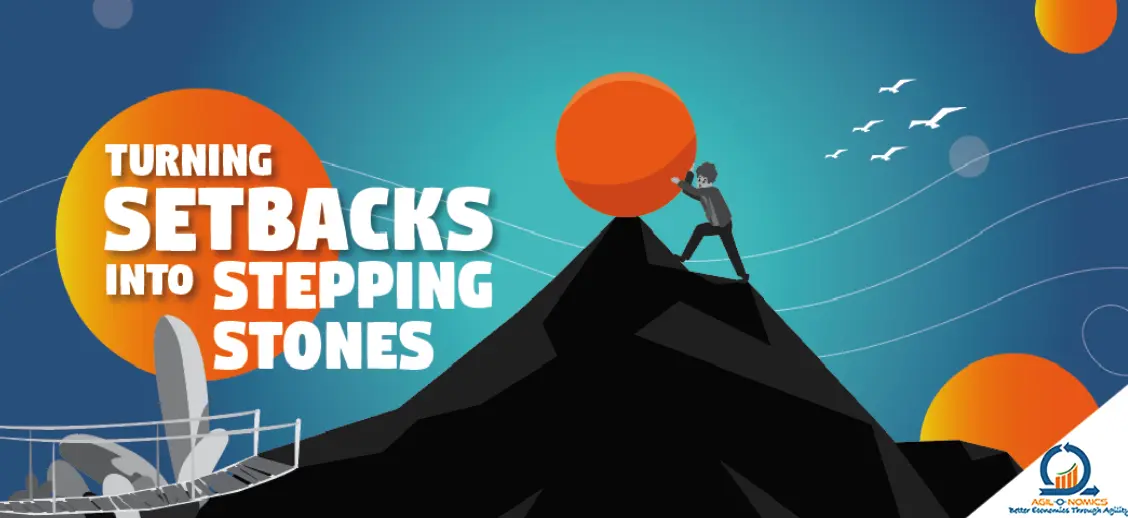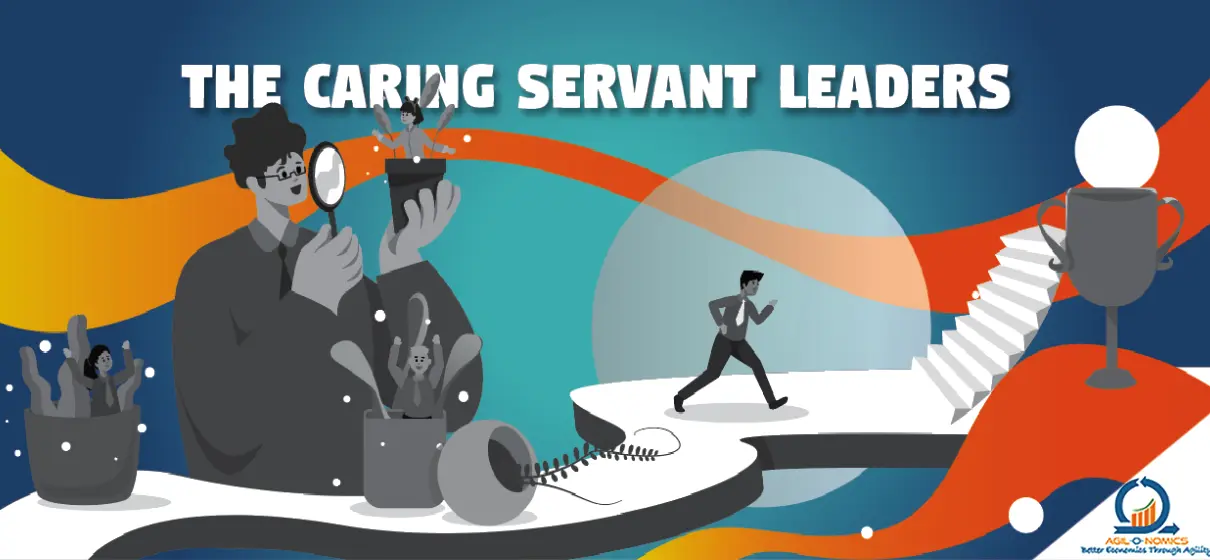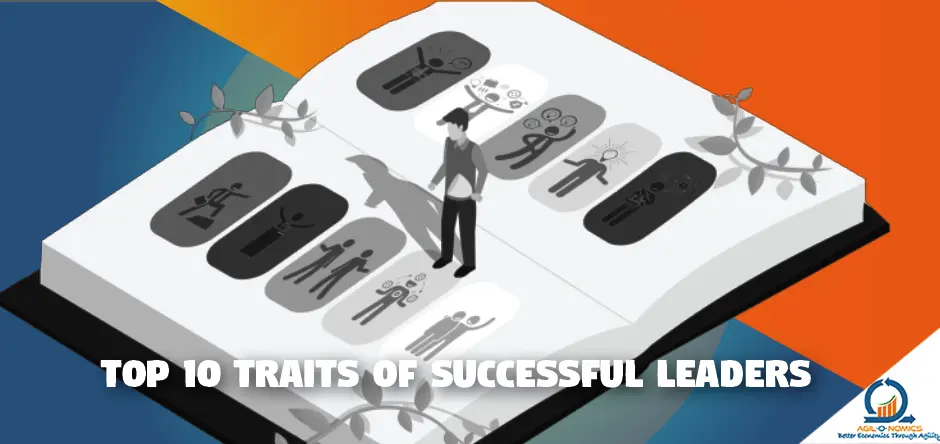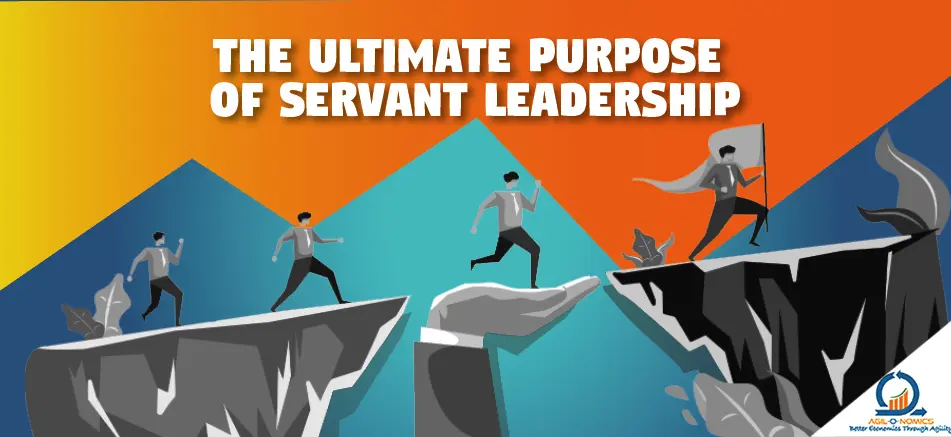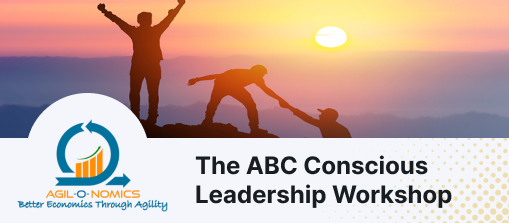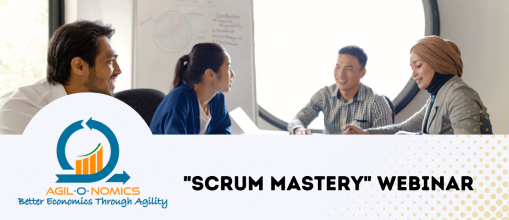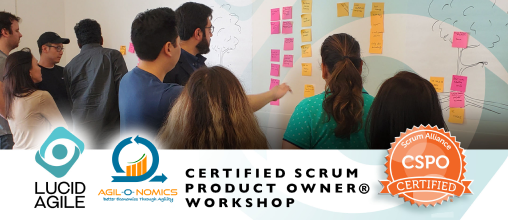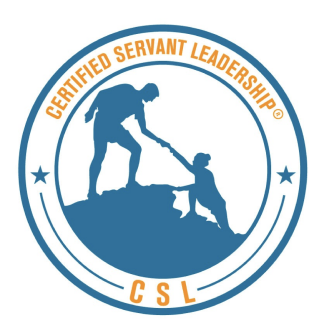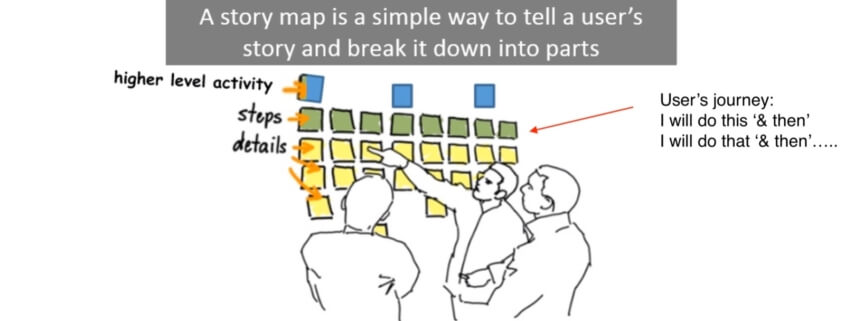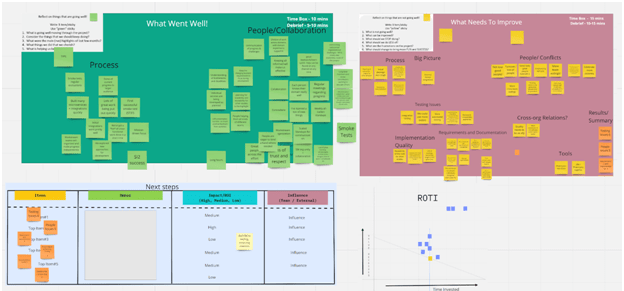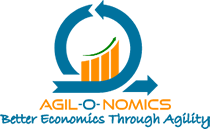First and foremost, Servant Leadership is about adding value to people and their lives. To be successful at Servant Leadership is to be caring, to help everything and everyone you come across (you touch). Great Leaders understand that the best thing that they can give to others is themselves and their time. Servant Leaders help others reach their true potential, and they do so without any personal agenda. Their goal in life is to be of value to everyone and anyone. A good Servant Leader will help people achieve their best in a number of ways. First is by getting a deeper sense of who they are: understanding their story, their journey in life so far, their deepest fears and desires etc. In doing so, a good Servant Leader grasps their aspirations, their pains, the joys, the risks they have taken, the goals they want to achieve in life. It is as if you are stepping in the shoes of the people you are working with, to understand how it feels to be just them. Just by being with them, and understanding them, creates a strong bond between you and the people you’re working with. It helps to have that strong connection and conviction in your clients that you really care for them, that you are here for them, that you are on the same side as they are, that you are ready to walk an extra mile to be at their level and then take them holding their hands to where they want to reach. Secondly, make their vision, their needs, their goals and how they want to achieve it, your top priority. Many so-called leaders think about leadership as all about themselves. But it is not the right understanding. In fact, Servant Leaders focus on the needs and wants of the people and make their (people’s) dreams, hopes and aspirations a priority. Servant Leaders nurture people and organizations and align the vision of the organization with the dreams of its people. And, in this alignment, there is great power. A good Servant Leader believes in the people he or she works with, and by doing so, they help the people believe in themselves, which helps the people perform better. It is great when the people believe in a leader, but it is beyond greatness when the leaders believe in the people they serve. Not merely by their words, but also through actions they confirm their belief in the people. By doing so, they help the people grow in Self belief. Only by understanding people deeply can you provide true value to their lives. This will enable and empower you to work with them and brainstorm ways they can achieve their dreams while also bringing value to the bigger organization. You can then work with them to put a plan or journey in place. It is one thing to say that, you want to help people on the teams you are working with. But it is another to actually follow through and guide them all along the way. When you follow through, you are not only helping the people, the teams, the organization, but you’re also adding credibility to your own leadership, skills and influence – not only with the people but with everyone else in the larger team or organization. There are really no cons when it comes to adding value to people and their lives. Definitely, it will cost you time and effort and will need a lot of patience, courage and having to deal with conflicts, disagreements etc., but, when you add value to people and their lives, you help them and truly make them more valuable. A successful or an effective Servant Leader will work with individuals to make teams stronger; will work with teams to make departments stronger; will work with departments to make the larger organization stronger. When people and the whole hierarchy of teams and departments become effective, it helps everyone. Your biggest reward will be a deeper sense of satisfaction. In my journey of Servant Leadership, my deepest rewards were to see a spark in the eyes of my team members, and Scrum Masters, and Product Owners I worked with as they discovered their own journey towards being successful. According to J. Oswald Sanders’ book, Spiritual Leadership: leadership is the ability to influence others to follow his or her lead. Famous leaders have always lived this truth. This is realized through a deep understanding of leadership. You can see all around the world, the most powerful leaders are also the most influential. True leaders do not lose their influence. The leader that is primarily focused on product or organizational growth while ignoring (under emphasizing) the growth of his or her people does not have a long-lasting influence. Such an influence goes away with their title, position, or money. Servant Leadership is an example of true leadership where the influence continues to stay independent of title, position, or money. Do you see the difference? Can anyone be an effective leader? Somehow, many people believe that leadership is only for those who are born with a certain ability. This is not true. I believe, anyone who moves on a journey where they feel they want to be of value to others actually starts showing up as a leader. In fact, great leaders are those who wake up every morning to see how can they give value to others around them. I do agree that there are certain leadership skills or traits that can be seen in some people early on in their lives, but it does not guarantee that they will grow up into a great leader. Attitude and effort are two important aspects of good Servant Leaders. Such leaders show up with a positive attitude, and they give 100% in the efforts. Instead of being indifferent to people pursuing their own agendas, having wrong attitudes and refusing to work with a team, they choose to care about people, and include everybody.
